Decoding Baby Cereal : When and why to introduce it as baby’s first solid food?
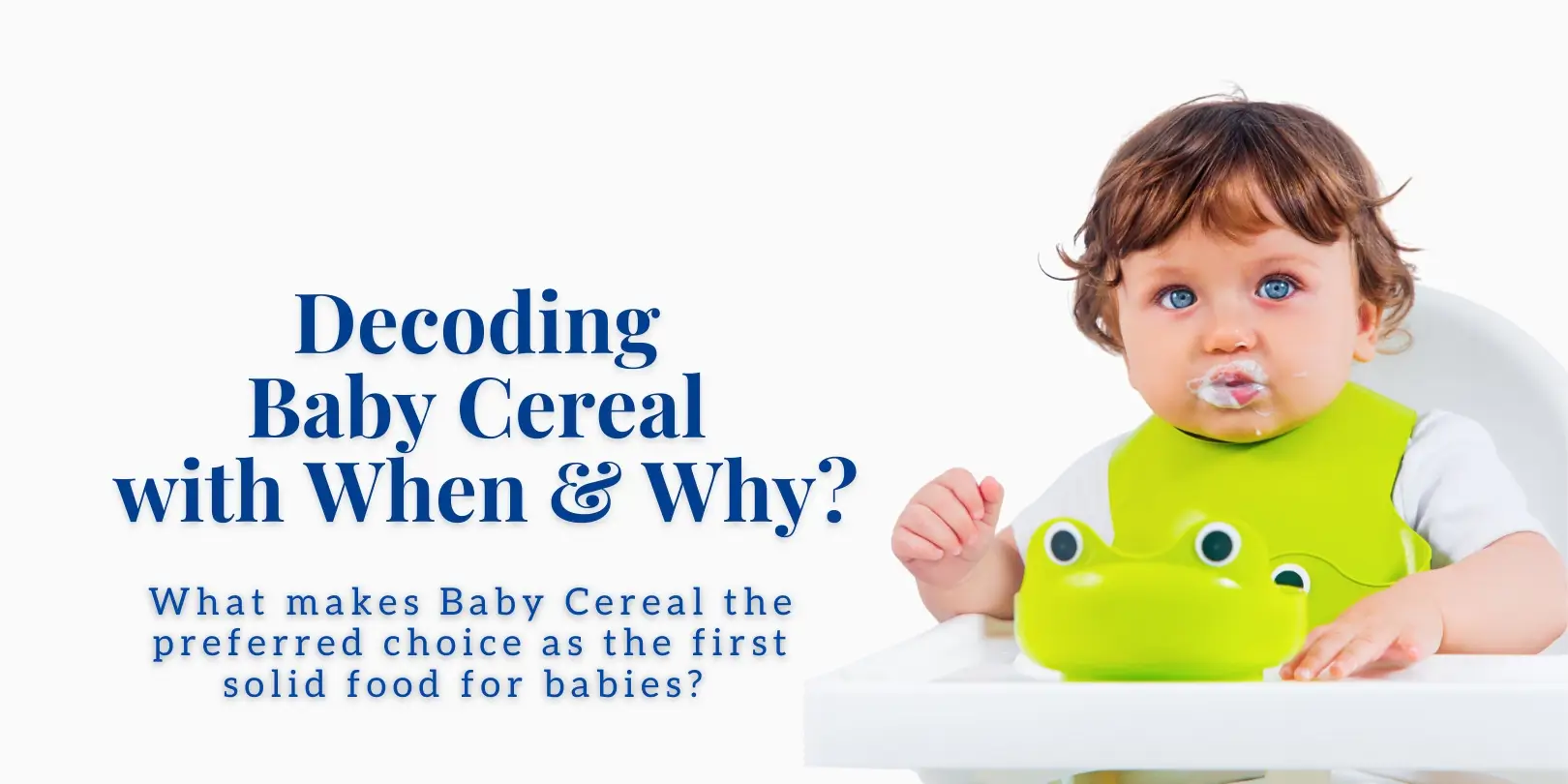
Baby cereal is one of the most common and popular first solid food for little ones. No doubt, these are times of excitement and definitely a big step in the journey of growth of the little one. The first baby bites of the baby cereal as solid food and lays the foundation for other solid foods too. The baby cereals are available with different flavours and ingredients like rice, ragi (finger millet), mixed grains etc. They play a supporting role in satisfying a baby’s hunger, nutritional needs, and their growth.
This blog post will try to throw some shadow on knowing about baby cereal, the right time to start it, some of the importance of it, common allergies that are associated with introducing baby cereal to the little ones.
What is baby cereal?
Any grain that is edible is referred to as cereal, be it wheat, rice, oats, finger millet etc. Baby cereal, at first, is a dry cereal that is routinely mixed with breastmilk milk or water or any other iron-fortified formula before consumption usually. Nothing more is added to such cereal for babies. The grains are ground to become a very fine powder that when added with breast milk or water, the cereal becomes smooth in texture. This smooth texture of baby cereal will allow them to eat the cereal easily and it will be easier to digest.



These baby cereals made of natural grains and ingredients are a good source of vitamins, minerals, proteins etc. for the journey of growth and development. One such cereal is better bites baby cereal by Equisential.
Why to use baby cereal as first solid food?
Well as we stated above, baby cereal or infant cereal as first solid to the baby are easy to eat and easy to digest. It is also rich in nutrients that support in the growth and development of the baby. It acts as a balanced start for the little one and helps build the foundation for healthy eating habits. Also, it may reduce the chance of allergens with the more solid food in the future, making it as one of the ideal first solid food choice for the baby.
Then there are some advantages associated with infant cereal, these advantages of baby cereal as first solid food are :
- It acts as a great supporting meal to breastmilk. These cereals are not meant to replace breastfeeding but rather supports it.
- They are easy on little tummies making them easily digestible.
- Includes vitamins and minerals like iron, calcium, vitamin D etc. which are vital nutrients for baby’s growth and development.
- It also aids in building a stronger immune system for your baby, reducing the risk of common illness and infections.
- Introduction of cereal to the little one may aid in reducing the allergens causes in the future.
- It lays a good foundation for establishing healthy eating habits from the early stages.
- Mixes easily with liquid forming a smooth and fine texture which reduces the risk of choking and ensures an easy feeding.
- Allows to develop oral motor skills and other motor skills in case of baby-led weaning.
- Promotes healthy weight gain and is a great source of healthy carbohydrates and proteins.
- It is convenient, easy and quick to prepare meal.
When to give baby cereal to the baby?
To introduce cereal to the baby is an exciting time and to have this transition go smoothly and well, it is important that it is given to the baby at the appropriate time. Many pediatricians suggest that solid foods such as baby cereal must be introduced to the little ones once they attain the age of at least 6 months. Solids must be avoided upto 6 months of age. Since each child is different to the other, in some cases, the pediatrician may suggest to starting at 4th or 5th month of age, but this varies accordingly and under the consultation of medical personnel only.
Also, a baby shows some signs which may indicate that it is ready to take solids. Like, being able to hold the head weight, requires minimum support to sit, when they start to reach out for things etc.
What to look for in baby cereal?
A baby requires healthy vitamins, minerals and proteins as essential nutrients for its growth and development. Nutrients like iron, calcium, vitamin B and D are crucial for brain development, muscle building, improving hemoglobin, making bones stronger etc. So, the ingredients of the cereal play an important role in selecting the cereal for the baby. Natural ingredients like finger millet, almonds, rice, wheat etc. have their own nutritional values that may support the baby’s growth.


You can buy baby cereal online by Equisential which are available with nutritional ingredients and in different flavours like sprouted ragi and almonds, baby cereal in mango, banana, apple and plain flavours.
What allergies can baby cereal cause?
Allergic reaction does not occur because of only one factor. There are several factors that can cause reaction as a body’s defense mechanism. In babies, the most common allergies causing foods are eggs, peanuts, fish, shellfish, soy, walnuts, soy, wheat etc. However, it is also important to introduce grains and other ingredients to the little one so their body adapts to such food and may reduce the risk of allergies in the future.
The symptoms of allergies may appear soon after such allergic foods are eaten. The common allergies that can be caused by baby cereal are rashes, hives, swelling of the lip, tongue and face, vomiting, diarrhea, shortness of breathing, wheezing, coughing, running nose.
If you observe any of the above symptoms after feeding baby cereal to your baby, then you should consult with your pediatrician immediately.
Conclusion:
Starting with baby cereal as a solid food in your baby’s growth and development journey, is an important step. Baby cereal does not only act as a safer option for the little one but also offers a nutritious foundation which will help to have a healthy life. The essential nutrients present in cereal, light on little tummies, lower risk of allergens, makes it an excellent choice to be introduced as baby solid food. It’s smooth texture and easy preparation with water or breastmilk in no time makes it a convenient choice for parents to include baby cereal as a meal. With the growth of your baby, many other solid foods be introduced gradually to expand their diet option.
Also, baby cereal is more of a supporting character to the breast milk, to fulfil nutritional needs of the babies as they grow.
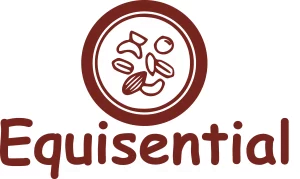
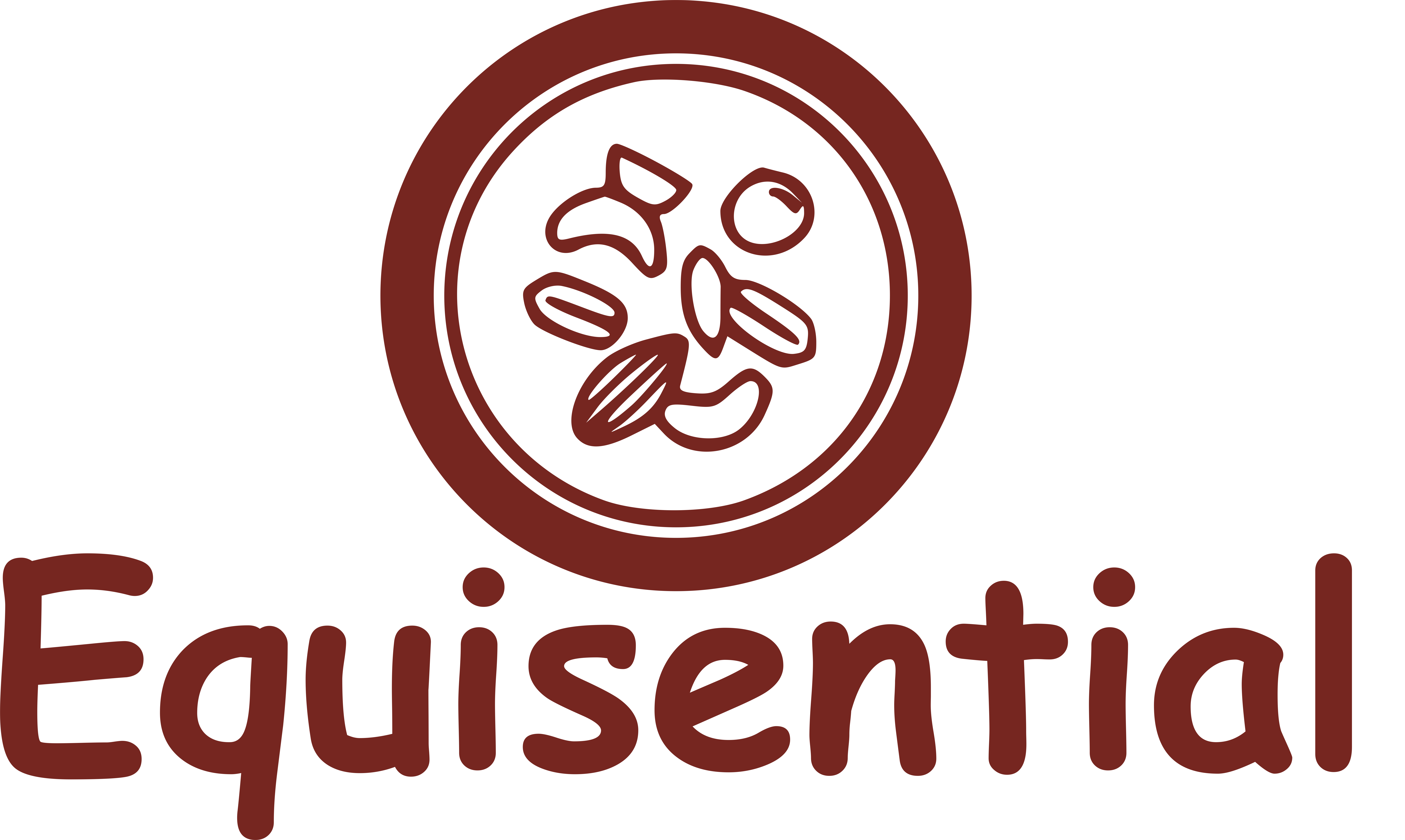
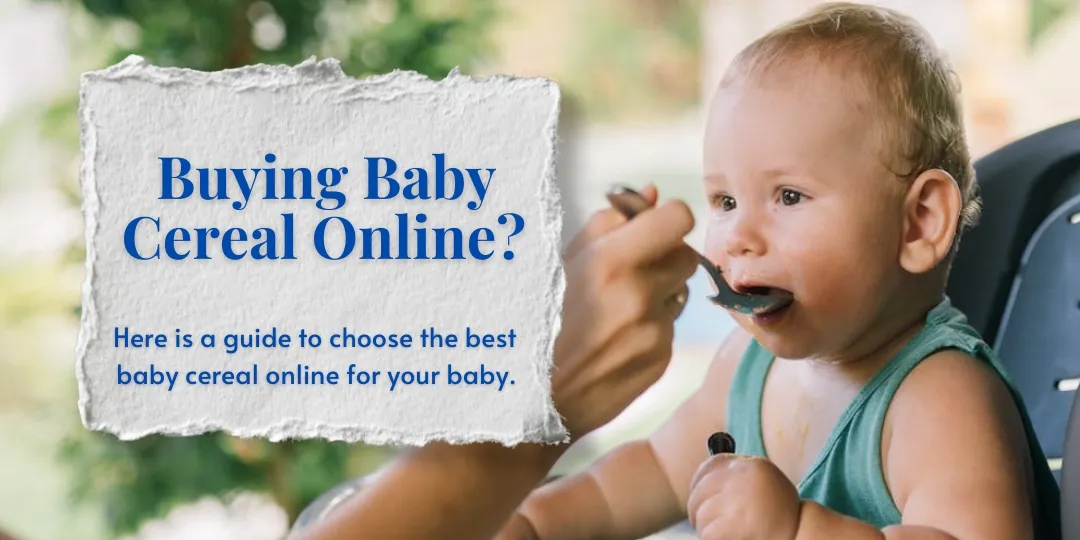
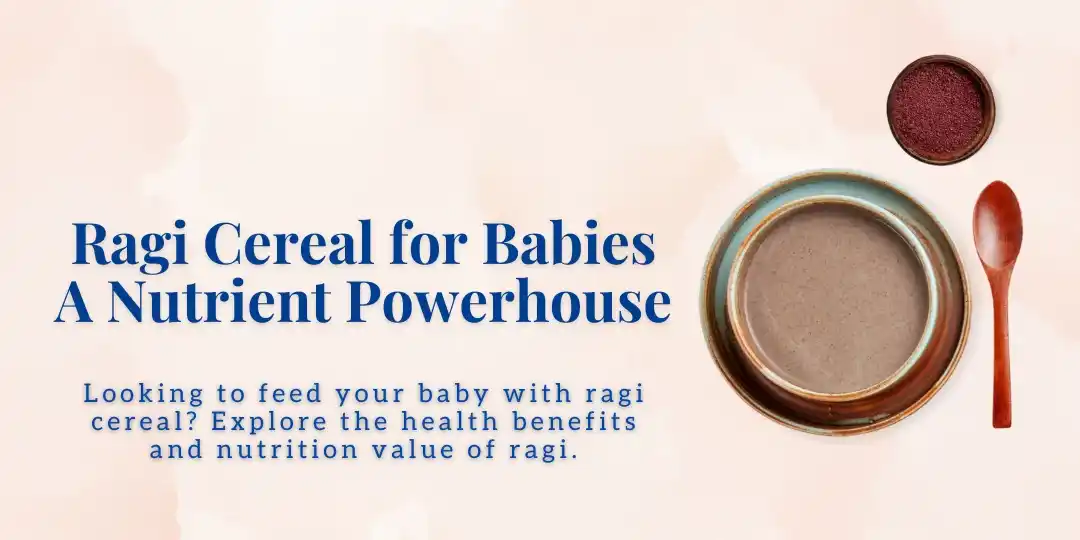
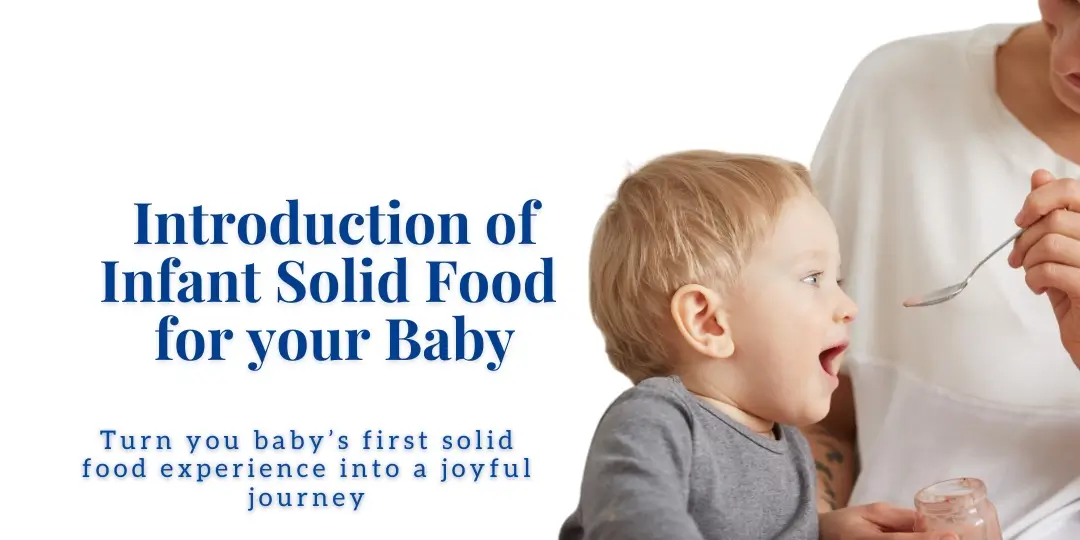

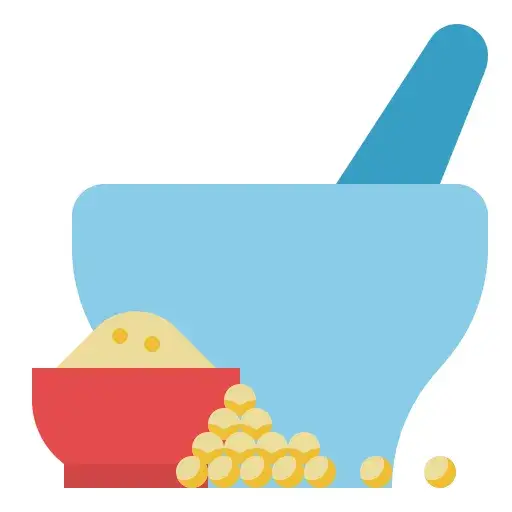





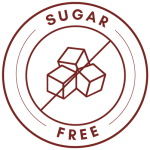




 Healthy Laddu
Healthy Laddu To Be Mom’s Care
To Be Mom’s Care Postpartum Care
Postpartum Care Cookies
Cookies Baby Food
Baby Food Combo Packs – Postpartum Laddu’s
Combo Packs – Postpartum Laddu’s

